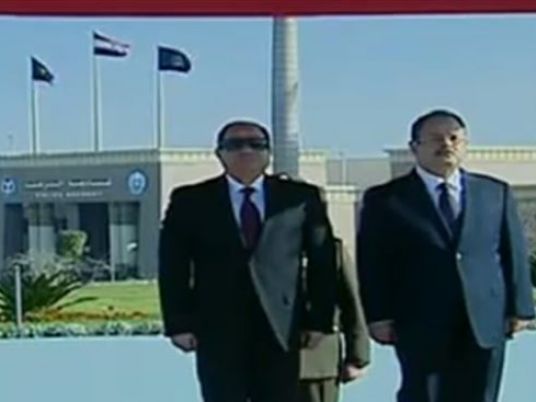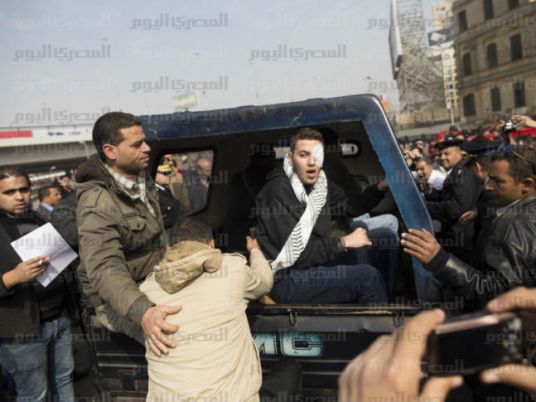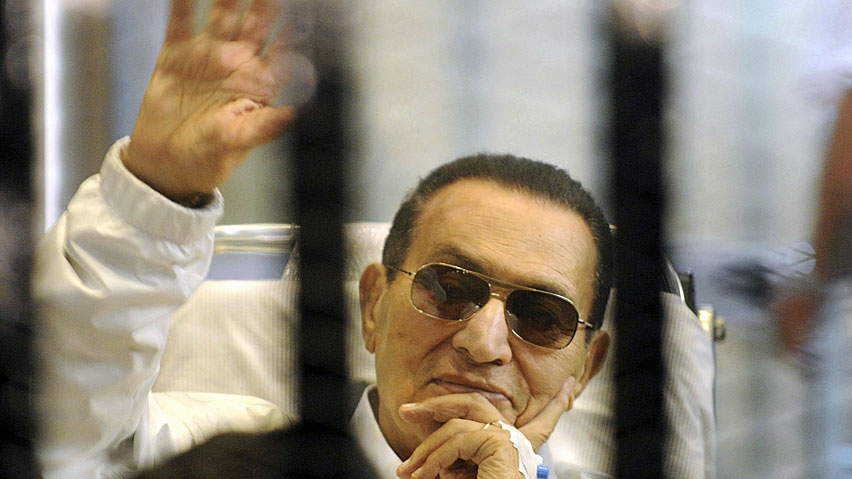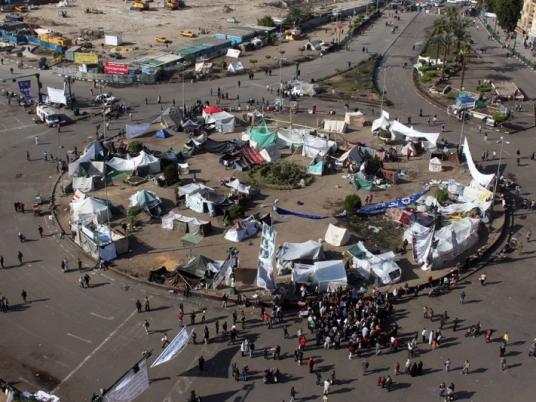For the twelfth day in a row, Tahrir Square remained flooded with people on Saturday demanding the departure of the regime of President Hosni Mubarak. Ever since the start of large protests on 25 January, protesters have endured assaults by police and thugs, resulting in hundreds of deaths and thousands of injuries.
But the protesters holding out in Tahrir Square are saying that the victories–as well as the losses–experienced within recent days have made it impossible for them to turn back now.
On 25 January, protesters all over Egypt battled with police forces, suffering physical assaults, teargas and random arrests by police. On 28 January, which witnessed huge protests all over the country under the title “Friday of Anger," thugs were added to the mix, and protesters found themselves in a confrontation with ex-convicts armed with knives, belts and other weapons.
The aggression against protesters escalated on Wednesday when they were attacked by pro-Mubarak mobs, who threw Molotov cocktails at them from rooftops and attacked them with rocks and other weapons. A few protesters were also shot dead that day by unknown snipers.
Exhausted, with bandages covering their wounds, protesters keep coming back to the square, saying that none of these tactics had succeeded in cowing them. Nor did relatively cold weather and rain succeed in driving them from the square, where protesters were seen covering their heads with cardboard, under which they marched and chanted: "The people demand the fall of the regime!"–the unifying slogan of the ongoing revolution.
Army trucks were seen approaching the edges of the square, while leaflets were dropped on protesters urging them to disperse, according to eyewitnesses. Some described the move as an attempt to intimidate them.
“I am not scared of dying here; I can die anywhere,” said one protester.
Aida Seif al-Dawla, activist and professor of psychiatry, says that the fall of casualties among the protesters and the arrest of activists are making the protesters more determined to stay in Tahrir Square. “Now there is blood between them and the regime. The more the number of casualties and of people who disappear increases, the more people will come to Tahrir Square,” she said.
Protesters flooding to Tahrir Square are saying they will continue the fight in honor of the martyrs. A group of hundreds has just arrived from Suez City to join the Tahrir demonstrations. Since 25 January, Suez has been on the front line of the war with Mubarak's security forces.
Protesters in the square are saying that they have finally tasted freedom and are not willing to go back to the feeling of oppression.
A man walking in the square with his ten-year-old brother said that he wasn’t scared for his brother’s safety or his own. “My brother hadn’t tasted freedom before, he only tasted it here in Tahrir,” he said. Protesters also believe that victory is close at hand.
Slogans announcing Mubarak’s last day in power have been hoisted in the square for the past couple of days. They also feel that, after the animosity created between the regime and the people during the protests, if they went back, the regime would pursue them with a vengeance. Tahrir has been described by many as a "safe haven."
Some protesters are also hanging on to Tahrir Square because they feel it has become their home, earned through blood and sweat. “We’re not leaving because this is our square, not theirs,” said one protester.
Seif al-Dawla says the only thing that will succeed in driving the people out of Tahrir Square is for Mubarak to step down. “They tried everything–from spreading rumors to shooting protesters, yet more people keep coming. It’s obvious now that they won’t leave until Mubarak departs,” she said.




